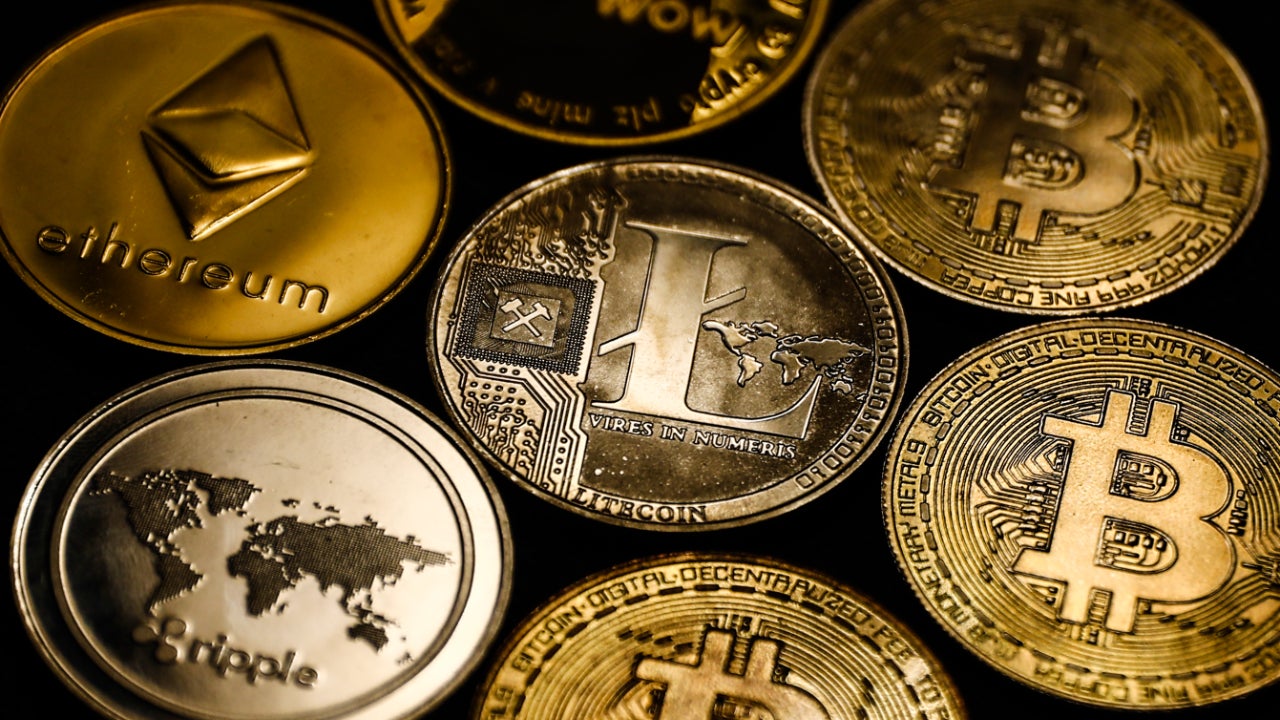The main types of digital currencies include: 1. Bitcoin (BTC): the largest market capitalization, value storage; 2. Ethereum (ETH): smart contract development; 3. Binance Coin (BNB): transaction fee payment; 4. Tether (USDT): stable value; 5. Dogecoin (DOGE): social media reward; 6. Ripple (XRP): cross-border payment; 7. Cardano (ADA): smart contract development, sustainable Development; 8. Polkadot (DOT): cross-chain interoperability; 9. Solana (SOL): decentralized finance; 10. Huobi HT (HT): transaction fee payment, ecosystem participation.

Main types of digital currency
Digital currency, also known as cryptocurrency, is a decentralized digital or Virtual currencies that use cryptography to secure and verify transactions. The main types of digital currencies are listed below:
1. Bitcoin (BTC)
- The earliest and most famous digital currency
- Largest market capitalization, strongest liquidity
- Main use cases: value storage and trading
2. Ethereum (ETH)
- Native token on the Ethereum blockchain
- Allows the creation of smart contracts and decentralized applications
- Main use case: Smart contract development and execution
3. Binance Coin (BNB)
- The native token of Binance Exchange
- Used to pay transaction fees, stake and participate in governance
- Main use cases: Transaction fee payment and ecosystem participation
4. Tether (USDT)
- USD-pegged stablecoin
- Aims to provide similar value to the US dollar
- Main use cases: Stable value reserve and cross-border transactions
5. Dogecoin (DOGE)
- Meme coin with Shiba Inu as its logo
- Has lower market capitalization and higher volatility
- Main use cases: Social media tipping and entertainment Purpose
6. Ripple (XRP)
- Digital currency designed for cross-border payments
- Through the Ripple protocol Enable fast, low-cost transactions
- Main use cases: Cross-border remittances and payment solutions
7. Cardano (ADA)
- Blockchain platform based on proof-of-stake consensus mechanism
- Aims to provide high scalability, security
- Main use cases: smart contract development and sustainable development
8. Polkadot (DOT)
- Pluggable multi-chain blockchain network
- Allows different blockchains to interact with each other Connect and share data
- Main use cases: cross-chain interoperability and application development
9. Solana (SOL)
- High-speed, scalable blockchain platform
- Using a unique consensus algorithm to handle large volumes of transactions
- Main use cases: Decentralized Finance (DeFi) and non-fungible tokens Token (NFT)
10. Huobi HT (HT)
- The native token of Huobi Exchange
- User Get trading discounts, participate in governance and participate in the ecosystem
- Main use cases: Transaction fee payment and ecosystem participation
The above is the detailed content of What are the main types of digital currencies?. For more information, please follow other related articles on the PHP Chinese website!





